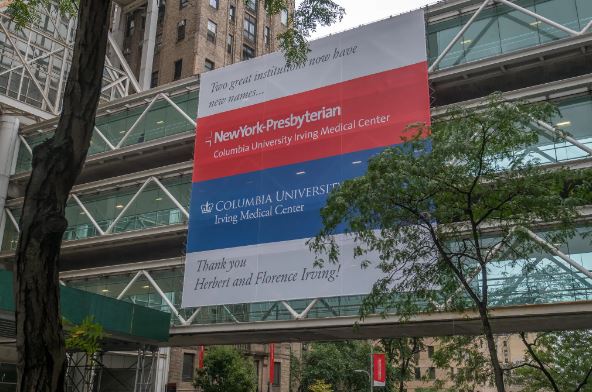A prominent cancer lab at Columbia University is facing scrutiny as four of its studies have been retracted, with a stern note added to a fifth, due to allegations of research misconduct. These retractions are the latest fallout from accusations of data discrepancies and ethics violations recently leveled against several leading cancer scientists.
Despite the removal of one study, Dr. Sam Yoon and Changhwan Yoon, researchers at Columbia University’s medical center, continued to publish studies with questionable data. Since 2008, the duo has collaborated on 26 articles flagged for misrepresenting experimental results.
Several of these articles have been retracted in recent weeks after inquiries by media outlets and scientific sleuths. The retractions included studies describing new strategies for treating cancers of the stomach, head, and neck, with other labs citing them in approximately 90 papers.
A major scientific publisher appended a blunt note to one of the retracted articles, denouncing the reuse and misrepresentation of data as a severe abuse of the scientific publishing system. However, these measures only address a fraction of the lab’s suspect papers, highlighting the slow response of scientific publishers to significant problems once detected.
Columbia University’s medical center declined to comment on the allegations, stating its commitment to upholding the highest standards of ethics in research. Memorial Sloan Kettering Cancer Center, where the scientists previously worked, is investigating their conduct.
The Columbia scientists’ retractions come amid increasing scrutiny of data integrity in medical research. Recent investigations into data problems have led to the retraction of seven papers by scientists at Harvard’s Dana-Farber Cancer Institute.
The pressure on academic scientists to produce research, coupled with the need for strong experimental results, may contribute to data irregularities. Dr. Yoon, known for his treatment of stomach cancers, has secured significant research funding over his career, further incentivizing prolific publication.
The latest retractions from Dr. Yoon’s lab involved studies with glaring irregularities, including identical images of tumor-stricken mice across different experiments. Imaging experts noted signs of deliberate manipulation and sloppy errors in the data.
Responsibility for research misconduct is often attributed to junior researchers, but senior researchers overseeing studies may bear greater accountability. The involvement of senior researchers in overseeing problematic studies underscores the importance of creating an environment of integrity in research labs.
Medical journals have retracted articles containing data discrepancies, but concerns remain about the opaque removal of online articles by publishers like Elsevier. Investigations into the Columbia lab’s publications are ongoing, with publishers analyzing raw data and consulting experts to address concerns raised by scientific sleuths.
Collaborating scientists implicated in the Columbia lab’s studies are also facing scrutiny, with questions raised about the integrity of their independent research. Columbia University has emphasized the importance of sound research practices and the potential consequences of allegations of research fraud.
The unfolding investigation highlights the need for increased transparency and accountability in scientific publishing to uphold the integrity of the research enterprise and maintain public trust in scientific advancements.

